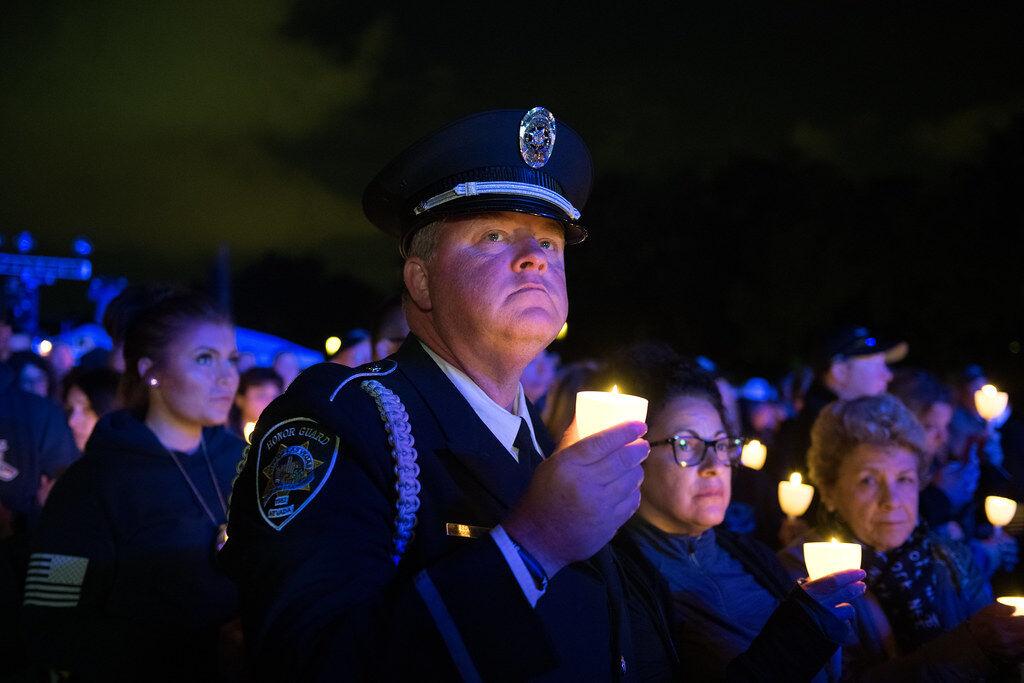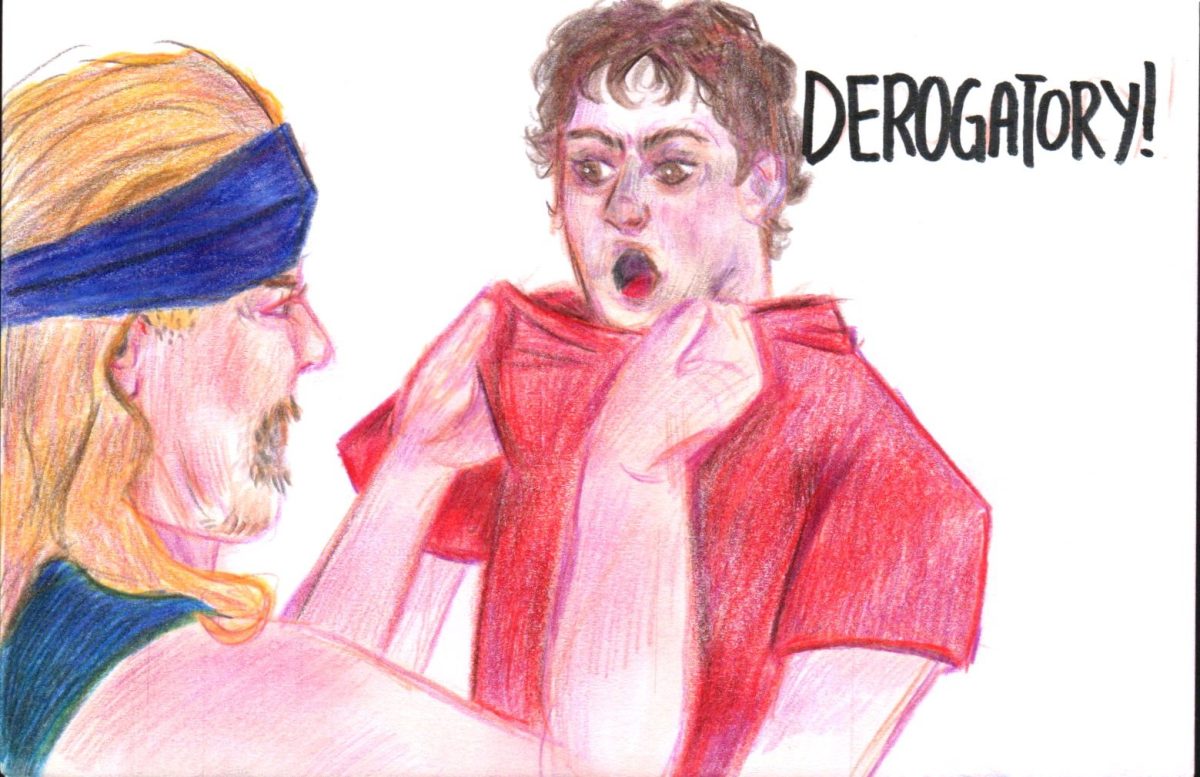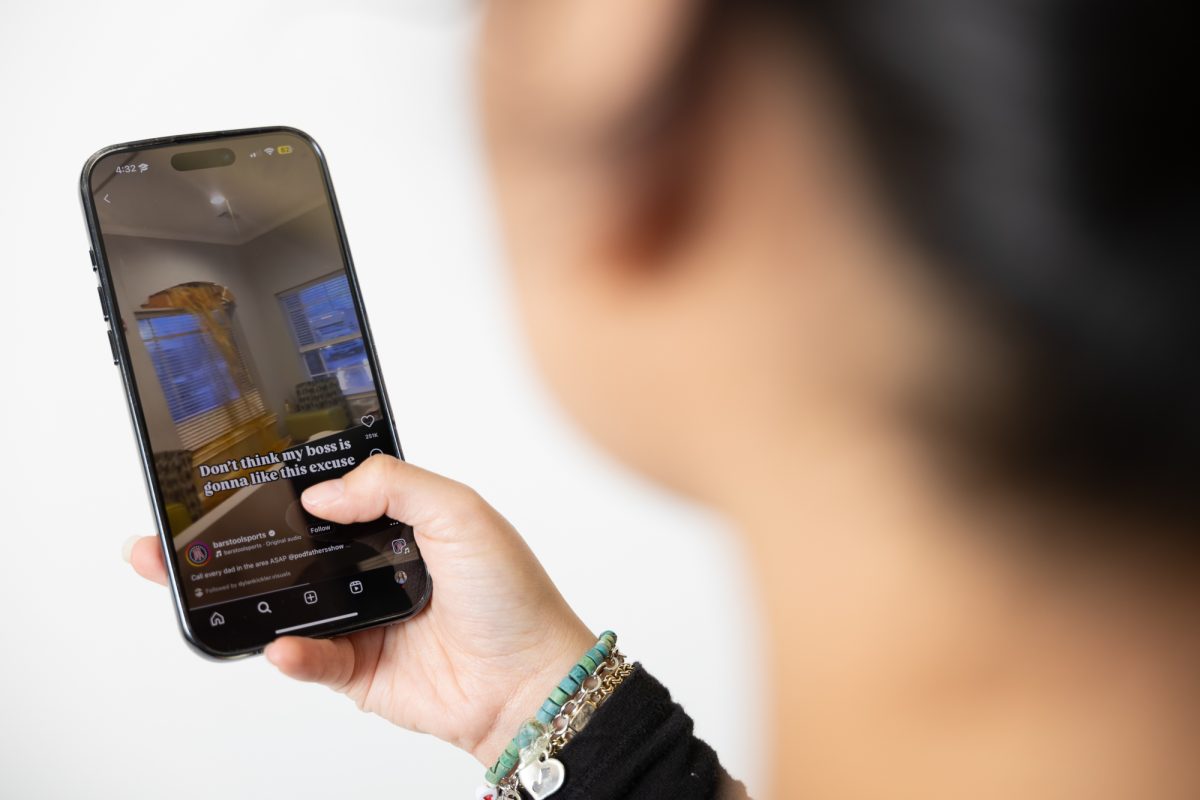There have been cries to defund the police for quite some time now, an idea that’s dangerous and would have serious repercussions.
Before really getting into things, let’s address the elephant in the room: police killings.
They’re a problem; there’s no denying it. Every week there seems to be a new police shooting of an unarmed Black person. This is cause for great concern, but it does not mean disbanding an entire organization that protects communities everyday is the right thing to do.
If you don’t believe me, take a trip up north to New York City, where last July the city cut the police budget by $1 billion. Since the New York City Council made that foolish decision, there has been a massive increase in shootings. Compared to this time last year, there has been a 54 percent increase in people who have been shot. One of the main programs to be cut was the city’s anti-crime unit whose sole purpose was to, you guessed it, get illegal guns off the street. Correlation does not always mean causation, yes. However, I think it’s safe to say slashing the police budget and seeing a sudden surge in shootings are certainly related.
Next stop: Portland, Oregon, another major city which is facing the same issues as the Big Apple. Last year, Portland also made huge budget cuts to its police department in response to the defund the police movement. One of the major programs they got rid of was the Gun Violence Reduction Team. Since then, the historic increase in shootings has continued. So much so that the feds decided to say “we’ve gotta step in” by assembling an FBI-led task force to investigate shootings in the Portland area.
I could go on listing other major cities that have seen a spike in crime after decreasing funding, but the outcome would be the same as Portland and New York. This isn’t rocket science — a decrease in funding increases crime.
If we really want to get to the root of the issue, we need to rethink policing itself. For instance, when it comes to mental health calls, police should not show up alone. Frankly, they don’t have an adequate amount of training to skillfully deal with those who are suffering from mental health issues. Instead, they should be accompanied by social workers who have made careers of helping traumatized, sometimes violent people. That way citizens would have a mental health expert there to de-escalate the situation, but if things turned violent, the social workers would have an officer there to protect everyone. A similar technique to this has proven effective in Denver, where the city started the Support Team Assisted Response program.
And with respect to mental health, police departments should be required to have in-house therapists. Being a police officer, especially now, is an extremely stressful job. A lot of these officers have no one to talk to about the everyday stressors that come with being a cop. In fact, it is estimated that up to 35 percent of cops suffer from depression or post traumatic stress disorder. Having a trained professional for them to talk to will surely increase their job performance. On-site therapists will also be more likely to spot an officer who should no longer be a cop. This could result in dangerous officers being removed from police forces all over the country, potentially leading to a decrease in fatal police shootings.
There are many more things that need to happen to have meaningful police reform. These include required monthly mental health checks for police officers, more community involved programs to strengthen the relationship between cops and those they’re sworn to protect and an increased effort to get minorities on the force. Getting into the details of all that would end up being more reminiscent of a thesis paper rather than a column, something my editors wouldn’t appreciate all that much. Nonetheless, the point is there is lots of work to be done. But all of this requires more funding, not less.
In short, the idea of getting rid of police is foolish. Luckily, most Americans agree. A USA Today poll found only 18 percent of Americans support the defund the police movement. It’s true only a small percentage of incidents police officers respond to are violent, but they are still the ones to respond. When you’ve been robbed, you call the police. If there is a shooting, the first people to respond, to put their lives on the line, to protect the community, are the police. The harsh reality is there will always be bad people who wish to do bad things, and we need someone to protect us from those people. We should be working with cops, not against them.
We often forget that cops are human, too. They aren’t perfect, but no one is. The more we start to realize this, the more meaningful change can come about.
Sam Somogye is a political science senior and columnist for The Battalion.
















